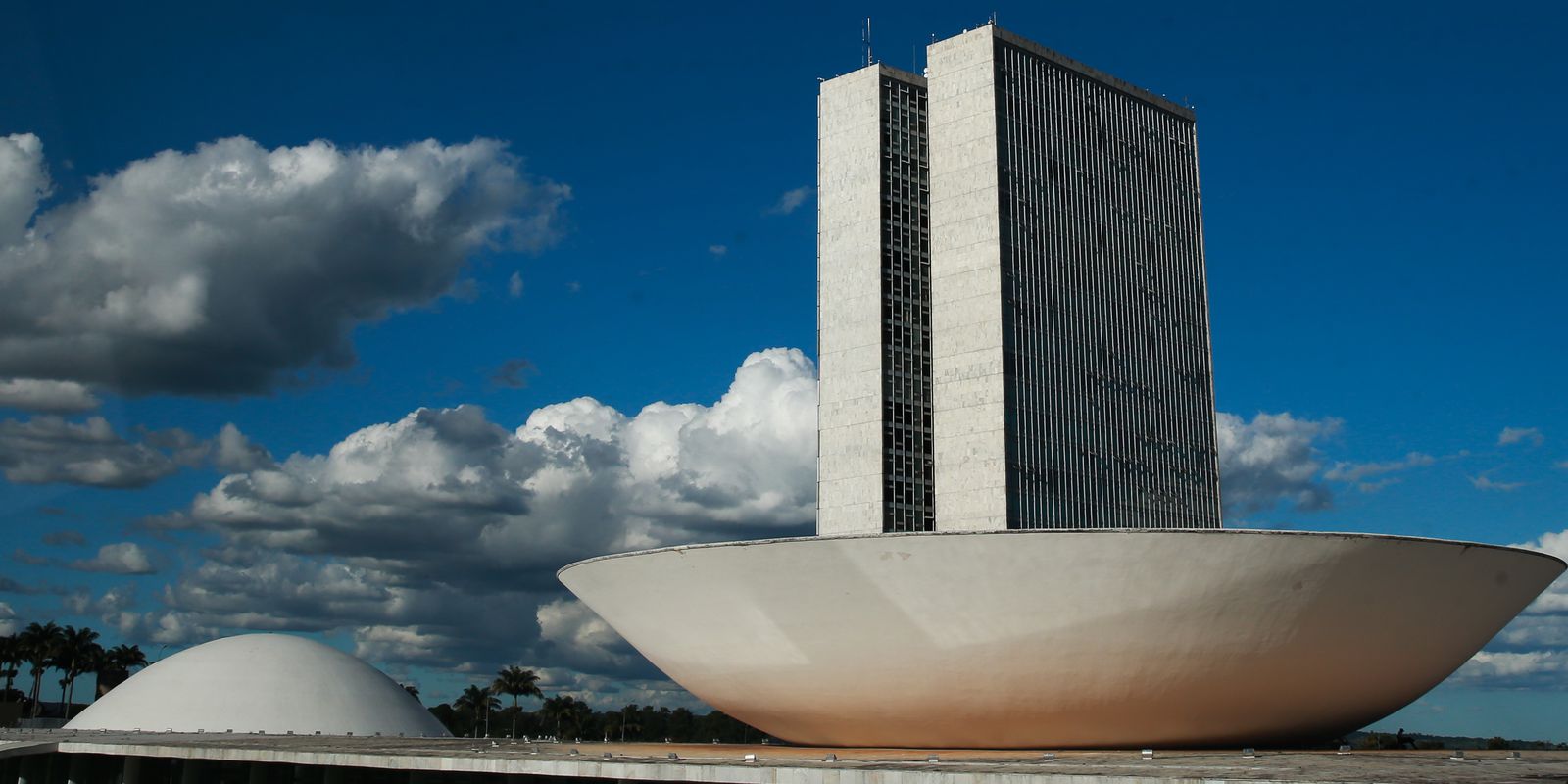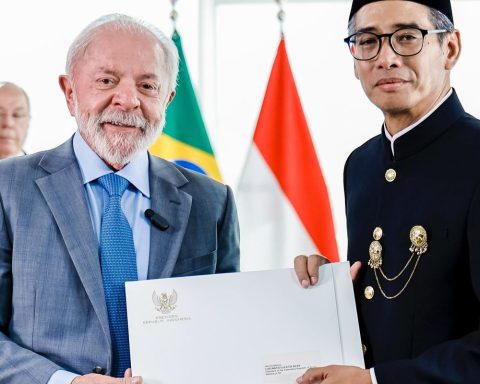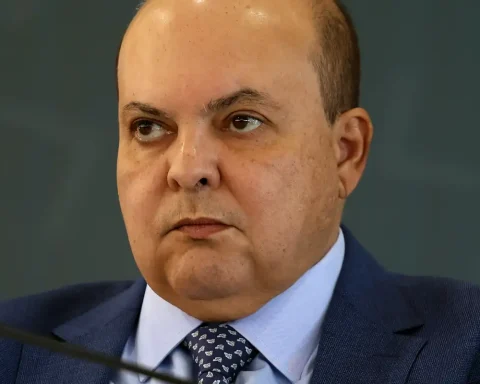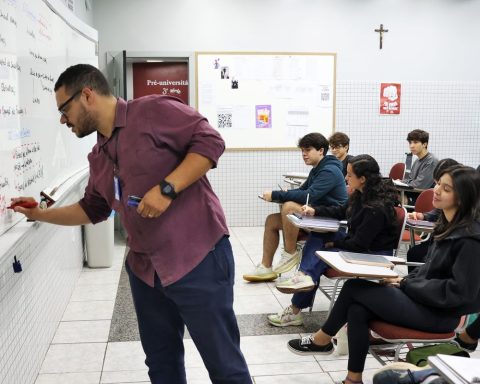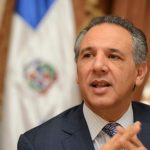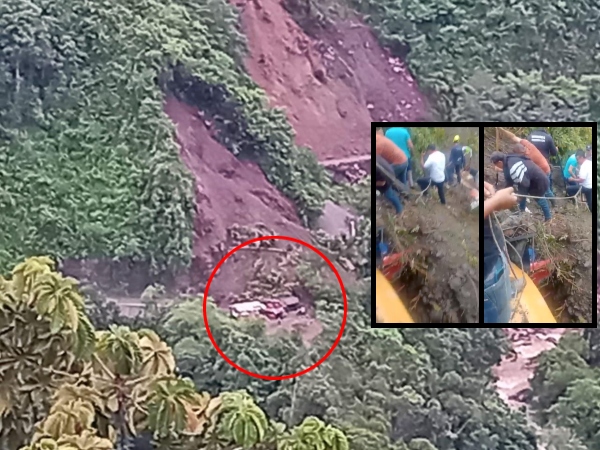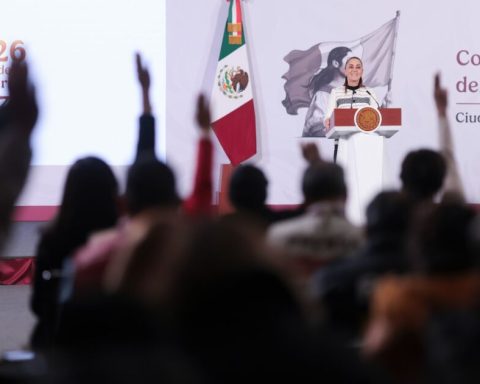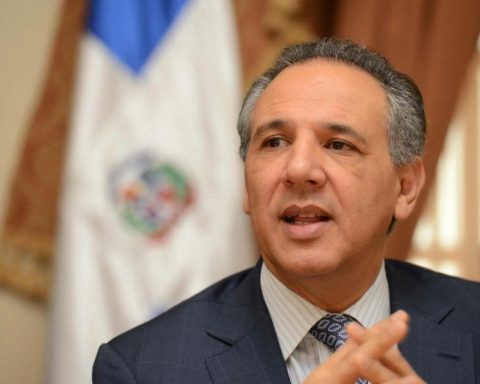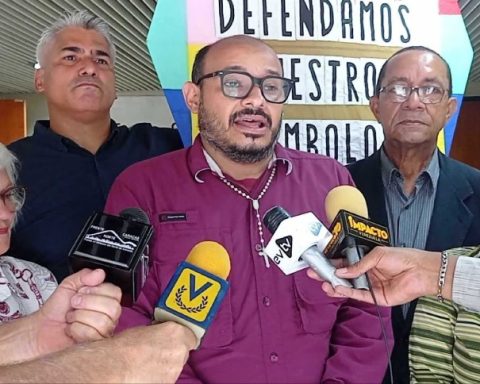Between the 7th and 8th of December, the Joint Budget Commission (CMO) will analyze the 16 sectoral reports referring to the 2023 Annual Budget Law project (PLN 32/2022). Each report details an area of the Federal Budget and evaluates the amendments that contemplate the bodies in that area, suggesting which ones should be accepted.
O 2023 Budget Preliminary Report has already been approved by the commission and forecasts that revenue and expenditure projections total BRL 5.2 trillion, of which BRL 143.5 billion are earmarked for the investment budget of state-owned companies and BRL 5 trillion for fiscal and social security budgets. Of these, R$ 2 trillion refer to the refinancing of the federal public debt.
The vote on the 2023 Budget is scheduled for December 16, at a joint meeting of the National Congress. The day before, the mixed commission should vote on the final opinion of the general rapporteur for the 2023 Budget, senator Marcelo Castro (MDB-PI).
Castro’s text predicts that the target for the primary deficit of the central government in 2023 was set at BRL 65.9 billion in the 2023 Budgetary Guidelines Law (LDO), equivalent to 0.6% of the Gross Domestic Product (GDP). ), with an increase in relation to the primary deficit calculated in 2021 (0.41% of GDP). In the 2023 Annual Budget Bill (PLOA), the forecast is that the primary result of the central government will be slightly lower than the LDO target (R$ 63.7 billion).
Transition PEC
This week, parliamentarians should also define the next steps of the Transition PEC. Formally filed in the Senate on Wednesday (28), the text excludes the Auxílio Brasil Program, which should be renamed Bolsa Família, from the spending ceiling rule for the coming years.
The measure presented by Senator Marcelo de Castro is a way of making it possible to maintain the minimum value of R$ 600 for the income transfer program, in addition to establishing an additional value of R$ 150 per child under 6 years of age of each recipient. This is one of the main campaign commitments of President-elect Luiz Inácio Lula da Silva (PT).
In practice, with the guaranteed value for the assistance program, the ordinary resources of the Budget would be released to be transferred, in whole or in part, to other expenses. The only change made by Castro in relation to the text proposed by the elected government of Luiz Inácio Lula da Silva is in relation to the 4-year period for validity of the measure. Initially, the exclusion of Bolsa Família from the spending cap would be permanent. According to the calculations of the values foreseen in the 2023 PLOA, maintaining the Bolsa Família at R$ 600 would have a total cost of up to R$ 175 billion.
*With information from the Senate Agency
